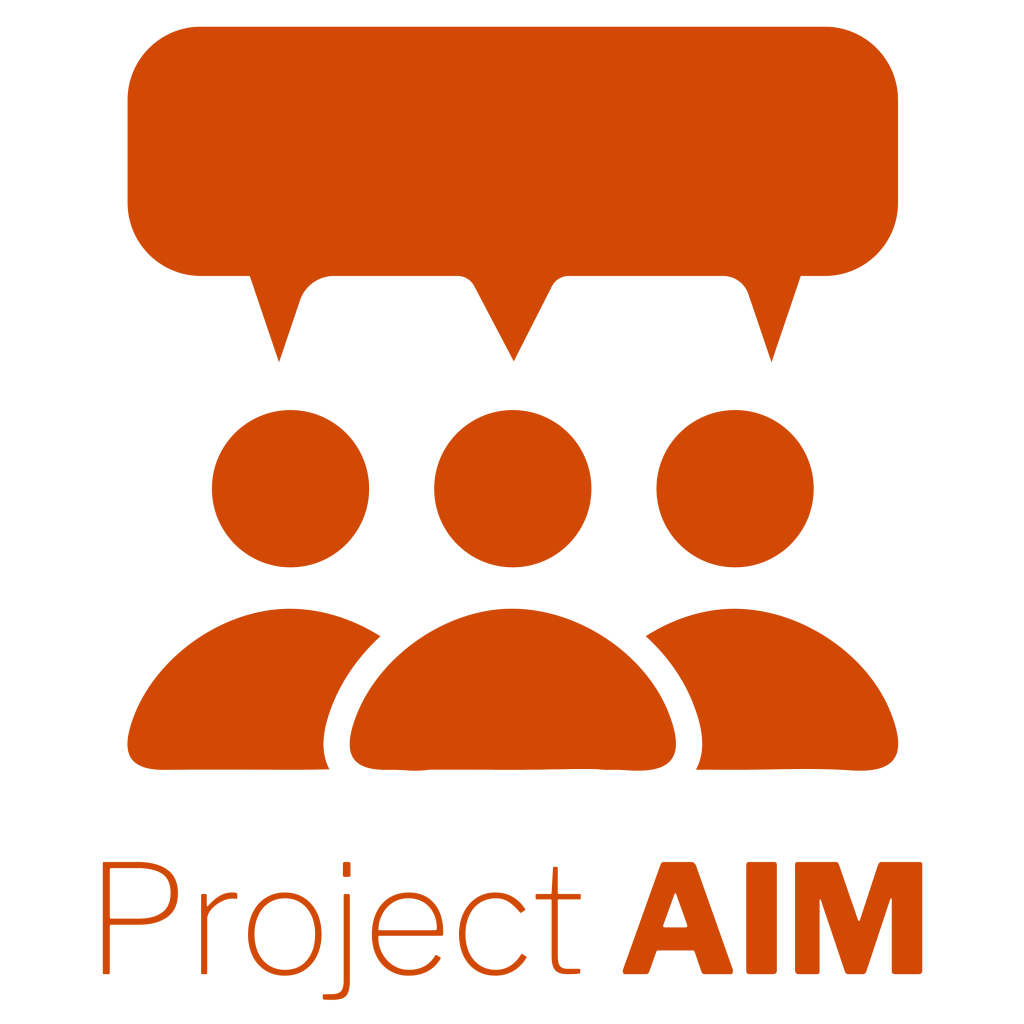An Impact Study to Examine the Efficacy of a Mathematics Professional Development Program for Elementary Teachers
Description
The project will develop and research the impact of an expanded model for mathematics professional development (PD) for elementary second and third grade teachers. It builds on the NSF-funded project, All Included in Mathematics (AIM). The PD is designed for elementary teachers to learn and use successful mathematics discussion strategies shown to support student learning. This project will expand the framework by improving teacher access to resources with web-based tools, targeting a new target audience of teachers in PD, and researching the impact of Project AIM via analysis of student data. The project partnership between university faculty and mathematics curriculum leaders from school districts will develop the web-based professional development resources. The project is co-funded by three programs: ITEST, EHR Core Research and Cyberlearning. The EHR Core Research program emphasizes fundamental STEM education research that generates foundational knowledge in the field. Investments are made in critical areas that are essential, broad and enduring: STEM learning and STEM learning environments, broadening participation in STEM, and STEM workforce development. This project will also advance efforts of the Innovative Technology Experiences for Students and Teachers (ITEST) program to better understand and promote practices that increase students' motivations and capacities to pursue careers in fields of science, technology, engineering, or mathematics (STEM). The Cyberlearning and Future Learning Technologies Program funds efforts that will help envision the next generation of learning technologies and advance what we know about how people learn in technology-rich environments.
The overarching goal of the project is to conduct an efficacy study to understand how a professional development program, targeting elementary math teachers, can be used with web-based facilitator support and less support from the original research and development team. The research questions ask about the extent to which teachers who did not work with the prior project can implement the new Project AIM materials with fidelity. The research will also investigate the impact of the professional development on teachers' knowledge, beliefs and mathematics teaching. Finally, the study is also examining the impact on students' participation in mathematics discussions and content learning with particular attention to English Language Learner students. The study is an experimental design in which school teams are randomly assigned to the initial treatment or delayed treatment conditions. Data will be collected to understand the efficacy of the intervention and will include facilitator implementation logs, measures of teacher knowledge, classroom artifacts, classroom observations, student discourse observation and student achievement data.
WEBSITES
Social Media
